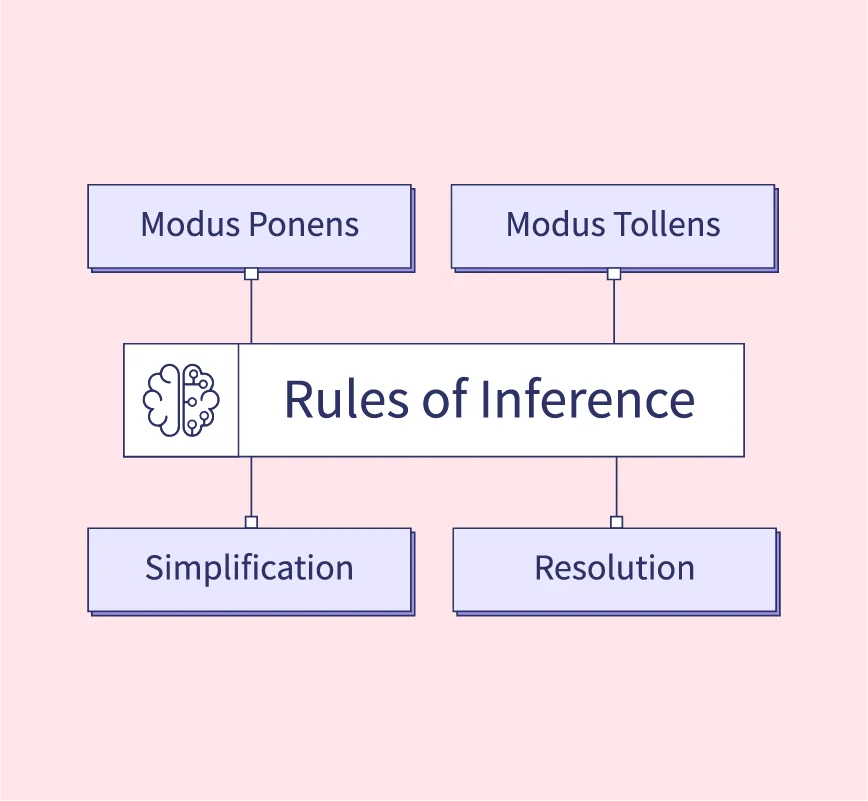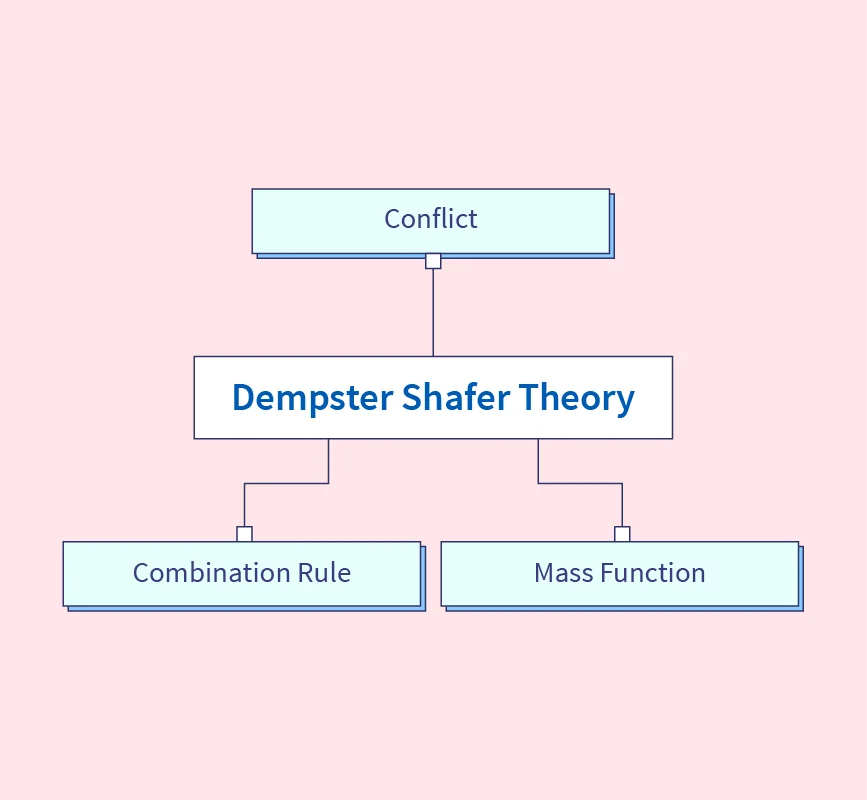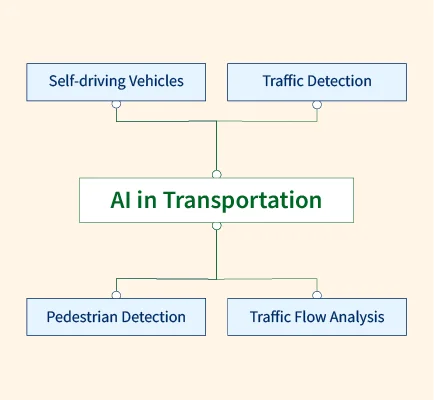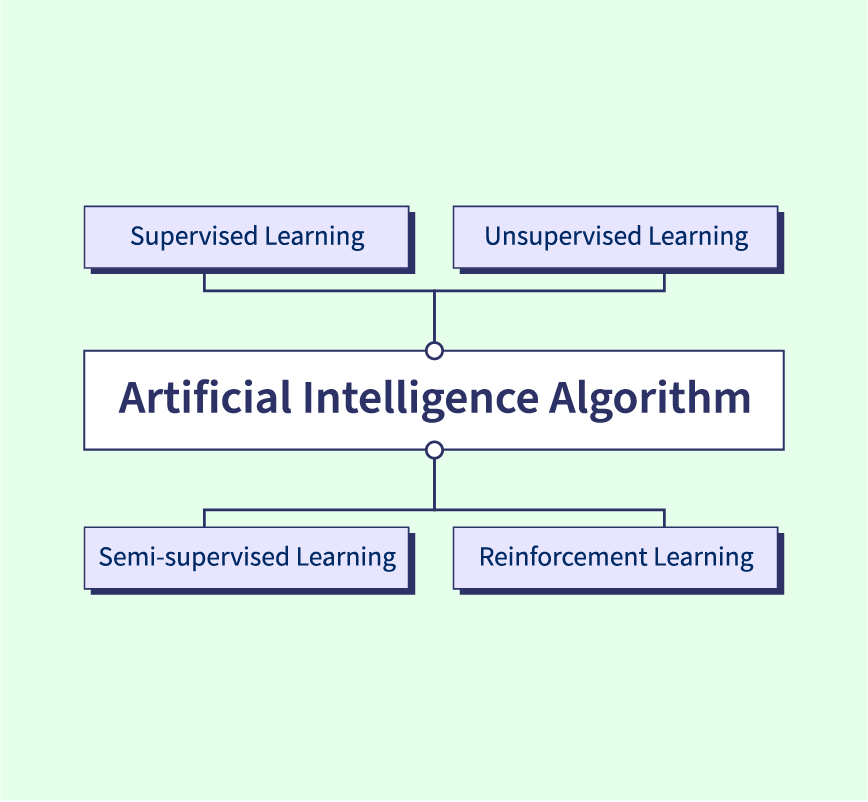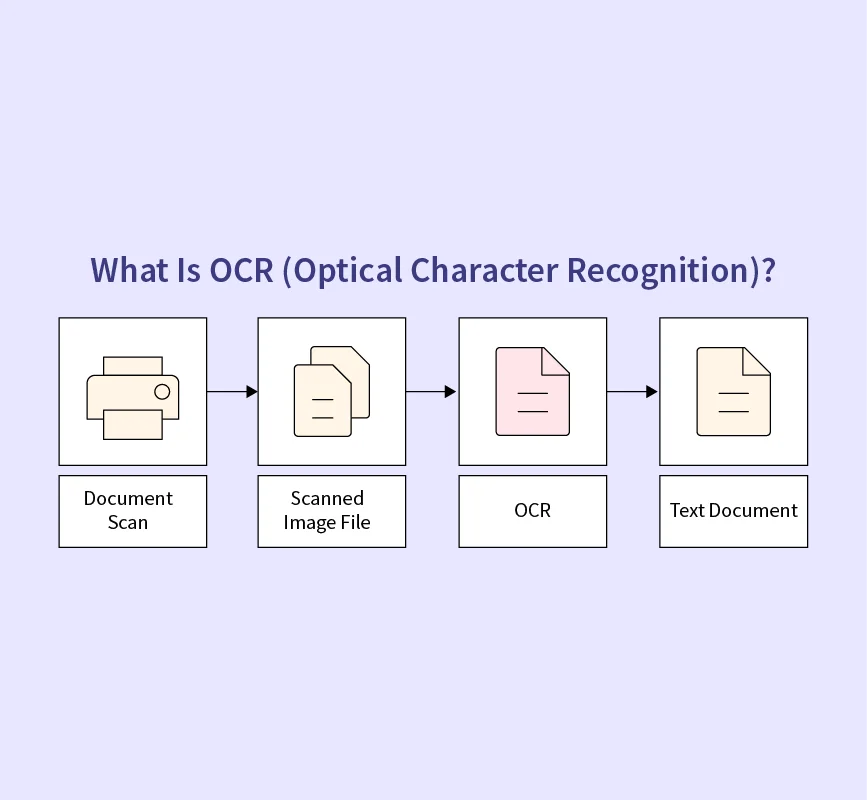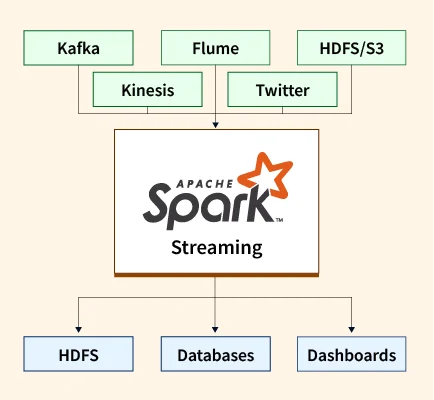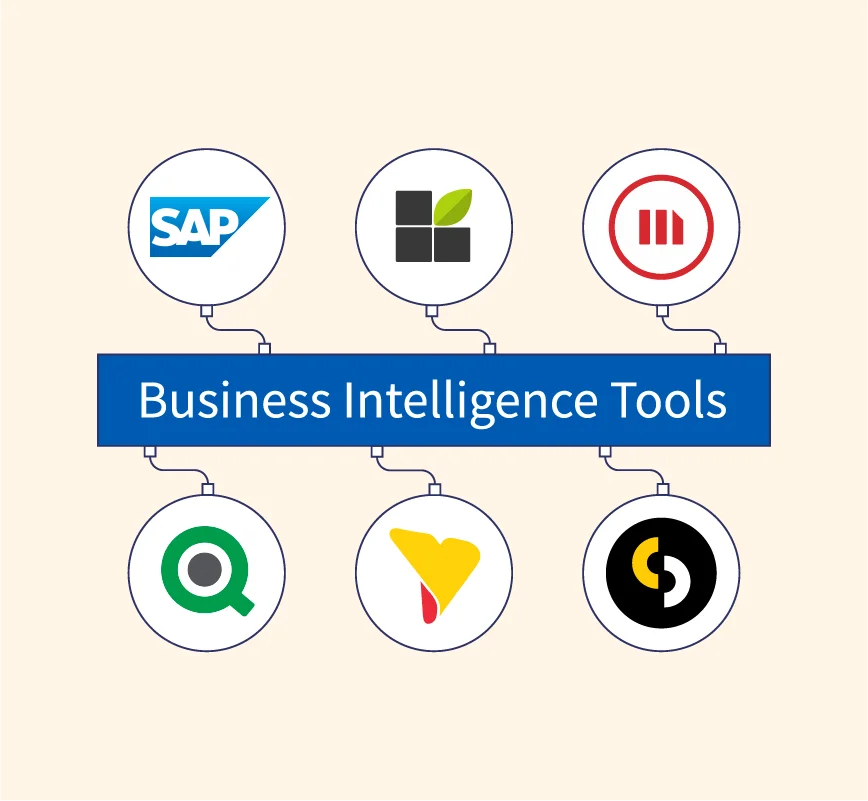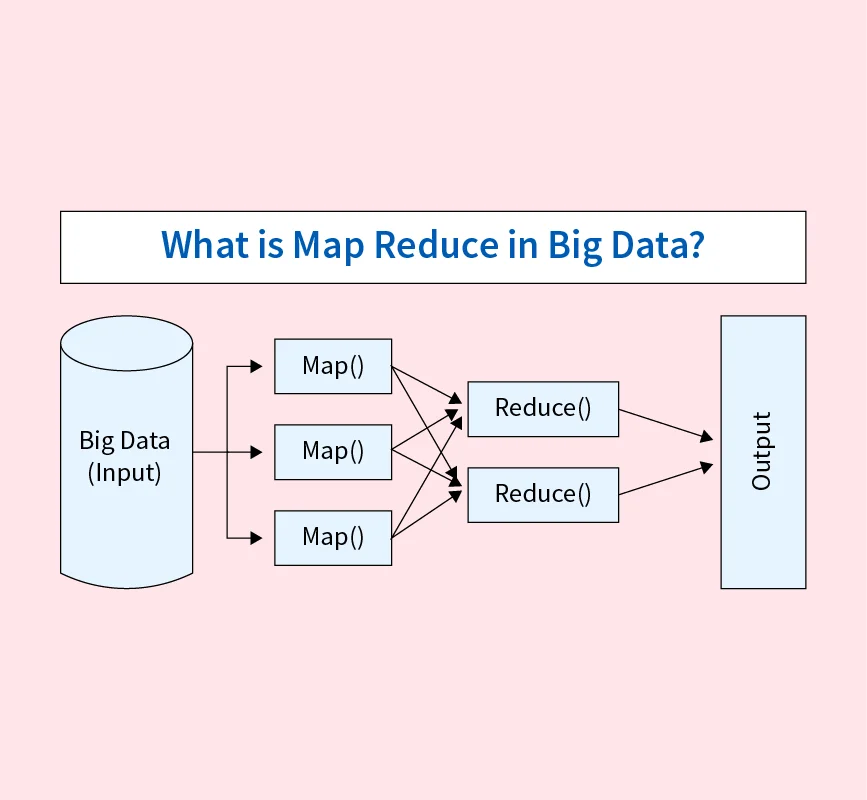Artificial Intelligence (AI) in Retail: Use Cases & Future Trends
Artificial Intelligence (AI) is reshaping the retail industry by driving smarter operations, hyper-personalized experiences, and data-informed decision-making. In an era where customer expectations are rapidly evolving, retailers face intense competition and growing pressure to deliver seamless, personalized, and responsive shopping journeys—both online and in-store. Shoppers today demand real-time service, tailored recommendations, and frictionless checkout. To ...



